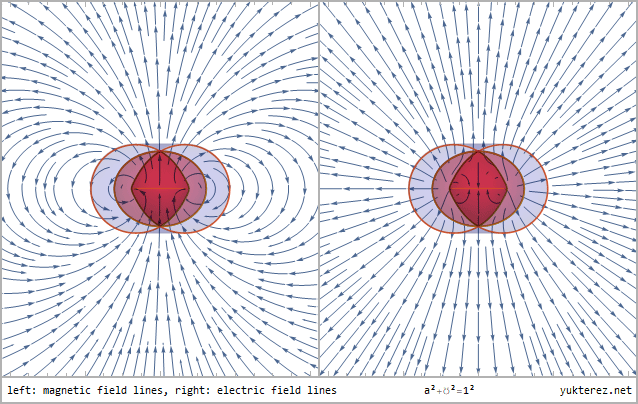The only question I found is this one, but this considers as non-rotating neutron star collapsing:
Our final and most comprehensive test is represented by the collapse to a BH of a magnetized nonrotating star.
Whenever a rotating (maybe magnetar) collapses into a black hole, the collapse causes a few things I would mention:
the gravitational field remains and is still extending outside the event horizon (though its structure and effects might change at certain distances)
the rotation (angular momentum) remains
the magnetic field disappears
Now this new astrophysical (and never fully formed in our external view) black hole loses its magnetic field though it keeps its angular momentum, and I see some contradiction here, because the magnetic field of the magnetar (or other neutron star) has at least something to do with its angular momentum. Now on top of this, this astrophysical black hole is never even fully formed (from our external view), then how does it lose its magnetic field while it is still rotating?
Question:
- How come the magnetic field disappears when a neutron star becomes a black hole, while the rotation remains?

